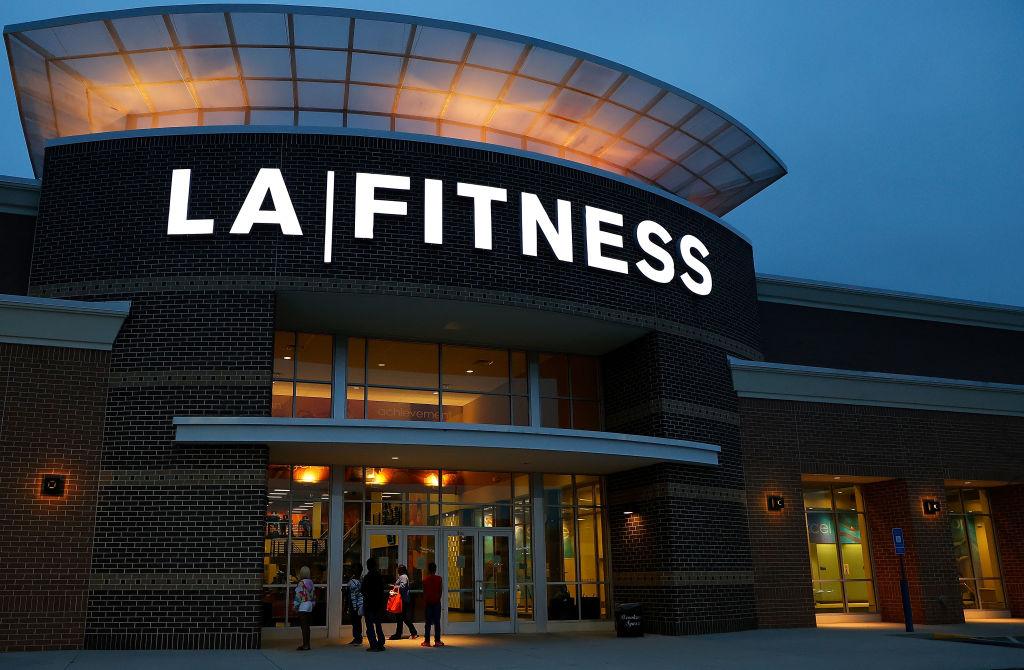NEW YORK—It is time for cash-strapped Americans to rethink automatic spending habits.
Are you turning off that monthly parking pass? Your gym membership? What about the balance due for summer camp?

NEW YORK—It is time for cash-strapped Americans to rethink automatic spending habits.